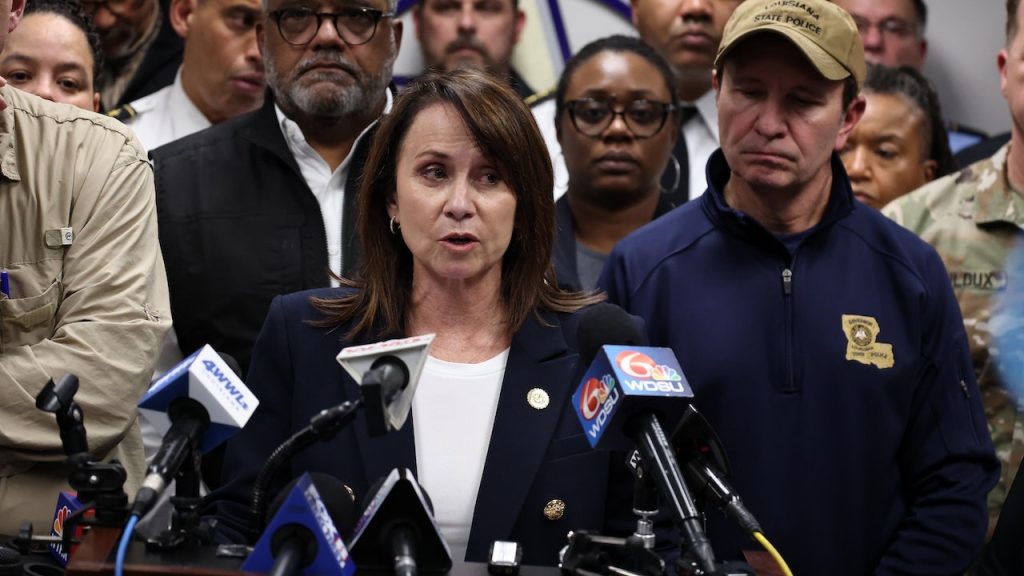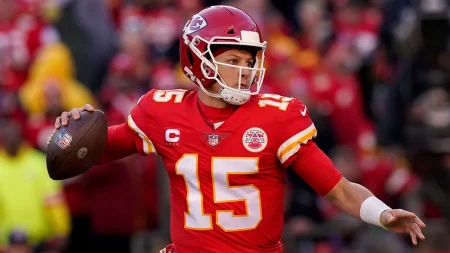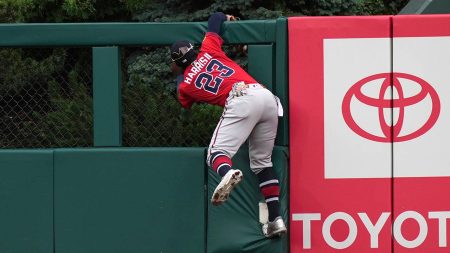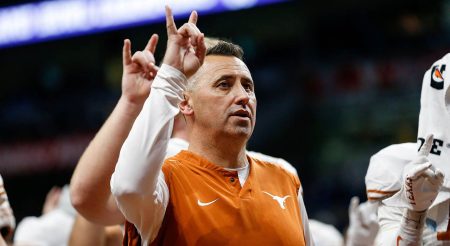The postponement of the Sugar Bowl game following a deadly attack in New Orleans sparked debate and divided opinions. The attack, which claimed the lives of 15 individuals on Bourbon Street, occurred just hours before the scheduled kickoff, forcing organizers to grapple with the implications for the game and the safety of attendees. Louisiana Attorney General Liz Murrill advocated for a longer postponement, suggesting a delay of at least an additional day beyond the initial 24-hour postponement to Friday. She emphasized the need to thoroughly investigate the active crime scene and ensure the proper handling of the situation. While acknowledging the community’s overall safety, Murrill stressed the importance of respecting the gravity of the event and allowing authorities adequate time to complete their investigation. The decision to postpone the game to Thursday afternoon, less than 24 hours after the attack, stirred controversy and sparked conflicting responses.
The close proximity of the Superdome, the venue for the Sugar Bowl, to the attack site added to the complexities of the situation. Georgia and Notre Dame, the participating teams, had already arrived in New Orleans and were staying in hotels near the scene. The attack prompted both teams to implement shelter-in-place orders for their players and staff, underscoring the immediate concerns for their safety and well-being. The incident, involving a suspect driving a truck into a crowd and exchanging gunfire with law enforcement, unfolded early Wednesday morning. The FBI’s subsequent investigation focused on determining the suspect’s potential links to terrorist organizations after an ISIS flag was discovered in the vehicle. The presence of weapons and potential explosive devices further heightened the gravity of the situation, leading authorities to explore the possibility of accomplices.
The decision to proceed with the game after a one-day delay drew criticism from some quarters, with arguments focusing on the perceived message it sent and the logistical challenges it presented. Conservative commentator John Ziegler argued against the postponement, asserting that it would not ameliorate the tragedy and would only serve to embolden those responsible. He pointed to the disruption caused to tens of thousands of travelers who had made arrangements based on the original schedule, highlighting the practical difficulties of rescheduling flights and accommodations. The debate also unfolded on social media platforms, where prominent figures weighed in on the issue. Barstool Sports founder Dave Portnoy countered the criticism, arguing that a 24-hour delay was a reasonable response and did not constitute a victory for terrorism. He emphasized the importance of prioritizing security and allowing time for authorities to secure the area before resuming the game.
The Allstate Sugar Bowl CEO, Jeff Hundley, addressed the issue in a statement, expressing condolences to the victims and their families while emphasizing the paramount importance of public safety. He reaffirmed their commitment to working with authorities to ensure the Sugar Bowl remained a safe and enjoyable event. Hundley acknowledged the collaborative efforts between the Sugar Bowl organizers, local authorities, and federal agencies in navigating the challenging circumstances. He also expressed gratitude for the flexibility shown by ESPN, the broadcaster of the game, in accommodating the rescheduled start time. This collaborative approach aimed to balance public safety concerns with the desire to proceed with the game.
The attack and the subsequent postponement of the Sugar Bowl game underscored the challenges of balancing public safety with major events in the face of unforeseen tragedies. The varied responses reflected differing perspectives on the appropriate course of action, with some emphasizing the need to maintain normalcy and others prioritizing a thorough investigation and ensuring the safety of all involved. The debate highlighted the complex considerations involved in making such decisions, balancing the emotional impact of the tragedy with the logistical and symbolic implications of postponing a major sporting event. The incident also served as a stark reminder of the vulnerability of public gatherings and the need for constant vigilance in safeguarding public safety.
The Sugar Bowl game ultimately went ahead on Thursday afternoon, with increased security measures in place to address concerns raised by the attack. The decision marked an attempt to find a middle ground between respecting the gravity of the event and honoring the commitment to the players, fans, and the city of New Orleans. The game proceeded under a cloud of grief and heightened security, reflecting the somber backdrop against which it was played. The incident also raised broader questions about security protocols for large-scale events and the need for continued vigilance in the face of potential threats. The Sugar Bowl game served as a poignant reminder of the delicate balance between the desire to maintain normalcy and the imperative to prioritize public safety in times of crisis.










